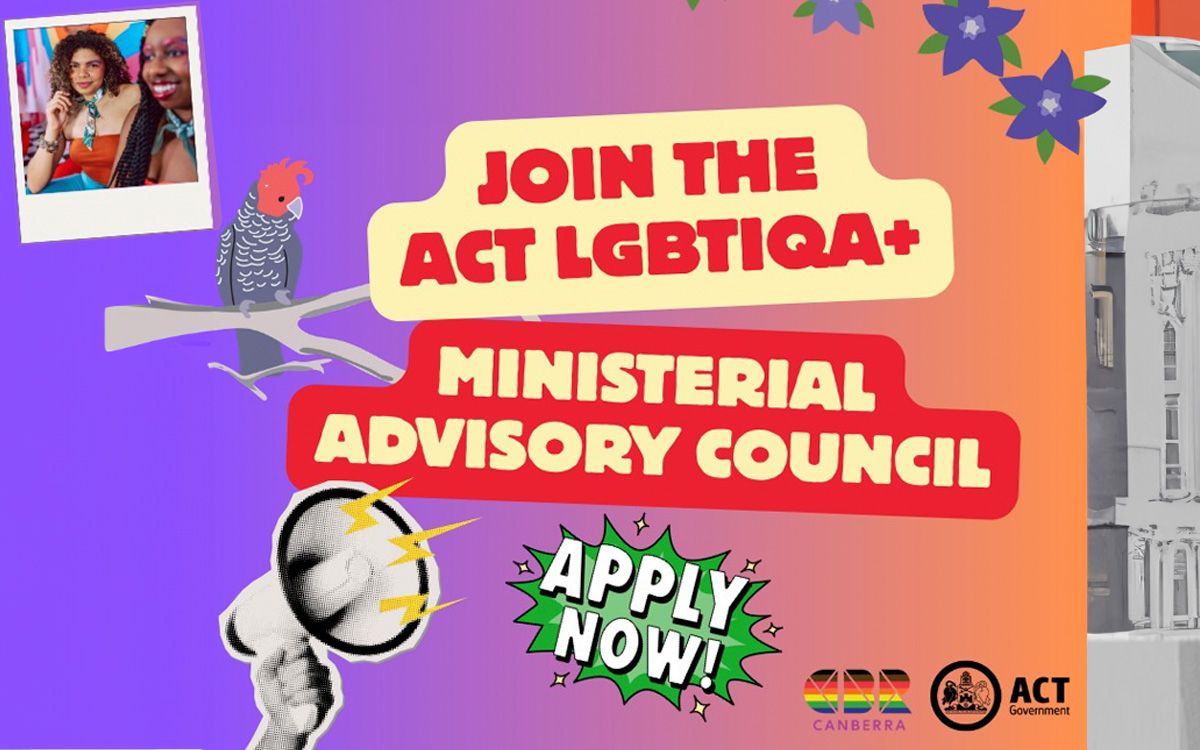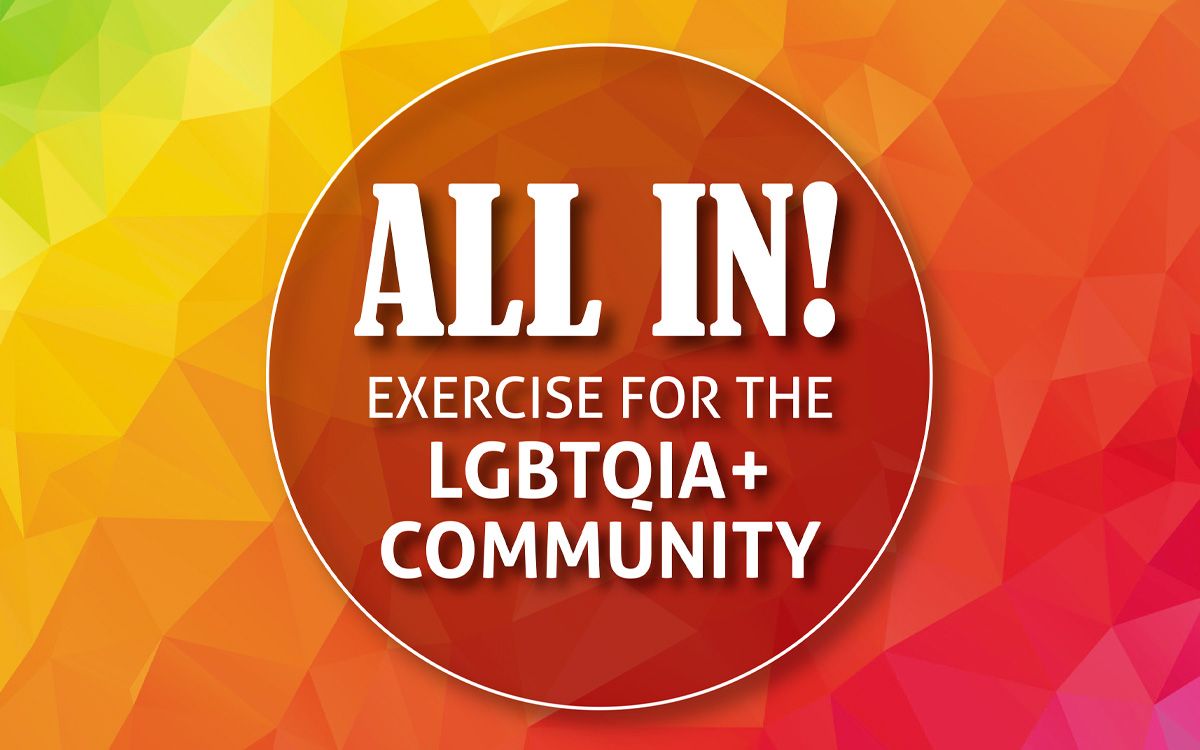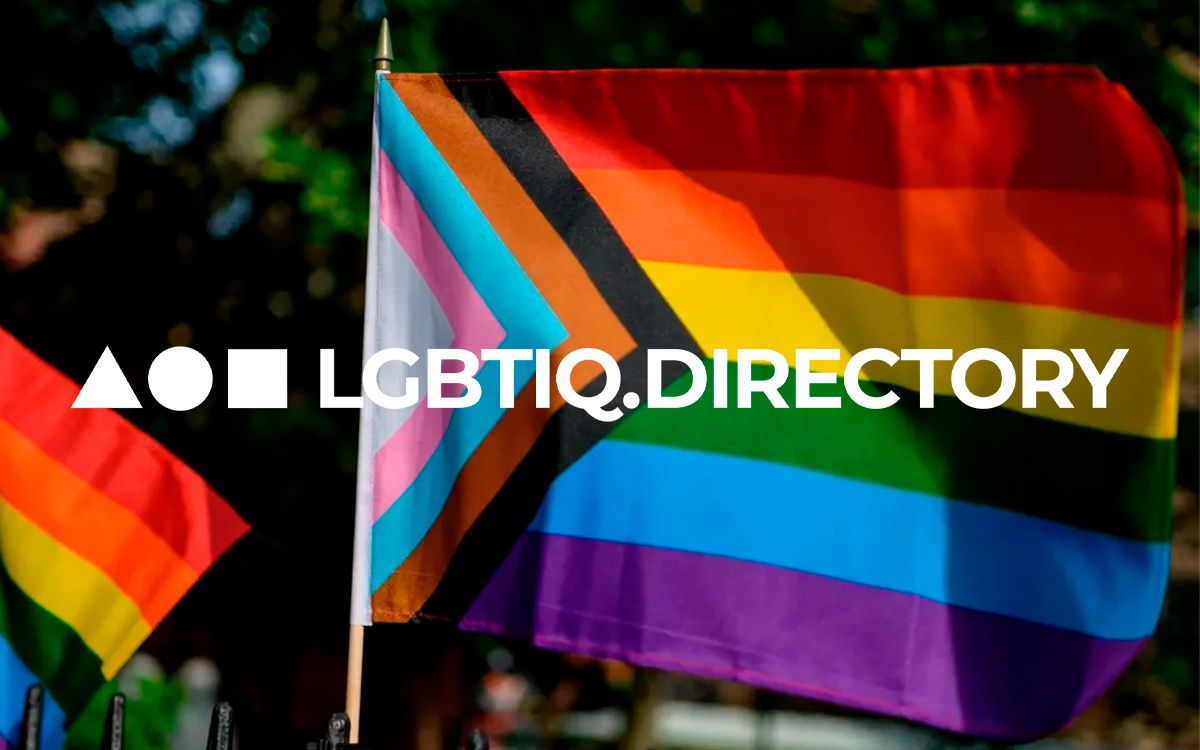Domestic, family and intimate partner violence: a family law perspective

LGBTQ Domestic Violence Awareness Day (on Wednesday 28 May) was formed to highlight domestic, family and intimate partner violence and abuse occurring in LGBTQ+ communities.
Understanding domestic, family and intimate partner violence from a family law perspective is an important part of addressing domestic violence and protecting victim-survivors within LGBTQ+ communities.
Understanding family violence
Family violence (also known as domestic violence) is an umbrella term describing behaviours which are intended to control or coerce a person or cause fear. Family violence is not just physical abuse; it encompasses a range of behaviours aimed at controlling or dominating through fear.
Both national and international research suggests that LGBTQ+ people experience sexual, family and/or intimate partner violence at the same rate or higher rates than women in the wider population. More research is needed but what we do know is that more education is needed and more safety, for vulnerable individuals, is essential.
Family violence is behaviour typically falling within the below categories:
- Physical abuse: Direct physical harm or assault. This includes sexual assault and abuse.
- Verbal abuse: Derogatory or insulting name-calling, put-downs or degrading comments, threats intended to cause fear. Verbal abuse can involve screaming and swearing.
- Emotional and psychological abuse: Patterns of behaviour that are deliberately hurtful, frightening or isolating in order to hold power over another person. It can include manipulation, harassment, intimidation, threats, blaming, or humiliation of a person. It can also include being exposed to family violence directed at someone else, such as a parent or sibling.
- Controlling and coercive conduct: An ongoing pattern of behaviour which is deliberate and designed to have control over someone else. It can include physical and sexual abuse or can be entirely non-physical in form. It can include gaslighting and undermining, stone-walling, love-bombing, excessive monitoring and stalking (including cyberstalking), harassment and isolation or restricting your freedom, including over your body and health.
- Economic abuse: Controlling a person’s money and belongings in a way that forces dependency. This might include limiting financial support needed by someone else, or their child.
- Stalking
- Damage to property
- Harm to animals
Family violence behaviour may overlap the above categories. For example, an instance of verbal abuse may also be emotional and psychological abuse depending on what has been said.
The importance of protection orders
Protection orders are sometimes known as Intervention Orders, restraining orders or Family Violence Orders (FVO). These terms describe legal instruments which prohibit certain kinds of behaviour and contact, designed to protect individuals from family violence. Restrictions within a protection order are tailored to address the circumstances of the type and extent of violence. Restrictions may prevent the perpetrator from approaching or contacting the victim-survivor, from being at places where the victim-survivor is likely to be, from harming the victim-survivor or their pets and preventing damage to property.

Planning a safe exit
Leaving an abusive situation or unhealthy relationship requires careful planning to ensure the safety of you and your children. Legal advice at this time, can be helpful in creating a safe exit plan that includes:
Confidential legal advice: Discussing your situation in a safe and confidential environment to explore your options.
Emergency planning: Identifying safe places for you and your children to escape to and planning the best time to leave.
Important documents: Gathering essential documents or making copies, including identification, court orders, financial documents, and any evidence of abuse.
Support services: Connecting you with the right support services and organisation for emergency accommodation, financial assistance, and counselling.
How a family lawyer can assist with protection orders
Family lawyers can guide you through the process of applying for a protection order or defending one. They can represent you in Court and advise about the legal implications of the Order.
Seek legal advice early
Early legal intervention is crucial in situations of family violence. It ensures that protective measures can be put in place swiftly and effectively, safeguarding you from further or ongoing harm.
Parker Coles Curtis: Canberra-based family law firm
If you or someone you know is experiencing family violence, or you have been accused of perpetrating family violence, you can get in touch with Parker Coles Curtis for confidential support and expert legal advice.
Parker Coles Curtis can represent you in Court and advise about the legal implications of the Order. They offer:
- Legal advice
Family violence can impact upon other family law issues that are in play or may be in future. They will explain the connection between different legal issues or legal action affects your situation, so you don’t make any legal missteps. - Legal representation
Advocating on your behalf in court proceedings related to family violence and protection orders. - Negotiation
Working to secure agreements that allow you to move forward with peace of mind. - Wholistic support
Providing access to a network of support services to assist you through this difficult time.
Parker Coles Curtis is committed to helping you navigate this challenging situation, ensuring a safer future for you. You can book a free, confidential 15-minute chat with a lawyer now.
FIND WHAT YOU WANT EASILY WITH LGBTIQ.DIRECTORY
LGBTIQ SUPPORT PATHWAYS
LGBTIQ SOCIAL & COMMUNITY GROUPS
LGBTIQ FRIENDLY BUSINESS & SERVICES








